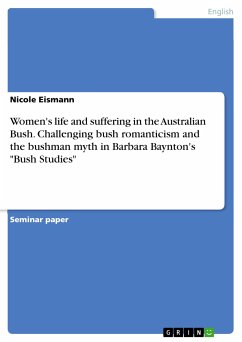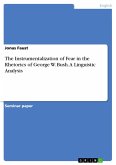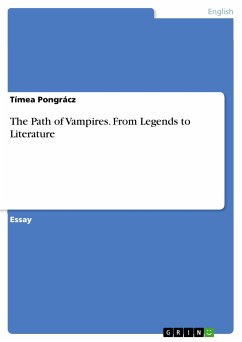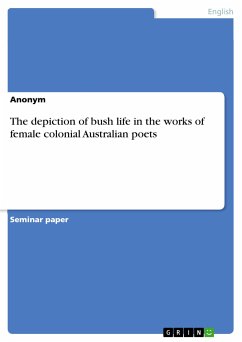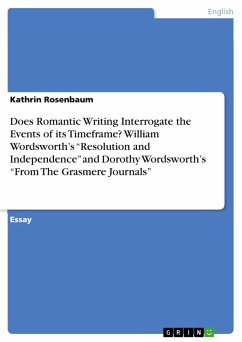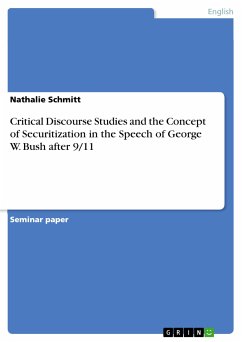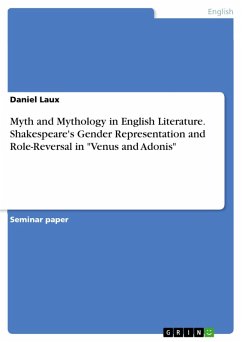Seminar paper from the year 2015 in the subject English Language and Literature Studies - Literature, grade: 2.0, University of Bonn (Institut für Anglistik, Amerikanistik und Keltologie), course: Postcolonial Literatures and Cultures: Theories, Histories, Selected Texts, language: English, abstract: This paper discusses the question in how far Barbara Baynton challenges bush romanticism and the legendary bushman myth by playing with gender roles and stereotypes with a strong focus on the real hard bush life of women. After a theoretical introduction to the whole topic, the realistic depiction of the bush itself as well as the bushwomen and the interaction between both are discussed in Chapter 2. Thereafter, Chapter 3 focusses on the social factors of bush life, on how Baynton describes the relationship between men and women in the bush and how all this influences the female bush inhabitants. The analysis is based on an online version of Bush Studies from 1997. The Australian bush - a mythical and fascinating space that has been the setting of many films and all kinds of literature, and which is an interesting field for literary scholars, especially from the late 19th century, the time of national writing, onwards. During this time, the outback used to be described as a hostile, but also romantic environment, loved and feared by the people who lived there. People, who were perfectly assimilated and happy with their lives in the bush. The legendary bushman myth was born; a myth that described the outward appearance and character of the typical Australian bushman, explaining why he adapted so properly to the hard environment. All these stories, including the origin of the bushman myth itself, were however made up and written down by male authors, who did not intend to include important female characters to their stories. The typical bushman was simply a man. Women and their lives in the bush did not play a big role in the literature of that time. One of the few female writers, who focused on the harshness of bush life, especially for women, was Barbara Baynton. She is said to depict the real bush life of pioneer women at the end of the 19th century instead of presenting a romantic male-centered myth. After Baynton's first published short story "The Chosen Vessel" had appeared in the national paper 'The Sydney Bulletin' under the title "The Tramp", the author was unable to find a publisher in Sydney for a collection of several short stories. It was said that she being a female writer does not know how to control her emotions, which was claimed to be obvious in her writing. In the end, this collection was published far away from Australia, in London, under the title "Bush Studies".
Dieser Download kann aus rechtlichen Gründen nur mit Rechnungsadresse in A, B, BG, CY, CZ, D, DK, EW, E, FIN, F, GR, HR, H, IRL, I, LT, L, LR, M, NL, PL, P, R, S, SLO, SK ausgeliefert werden.

